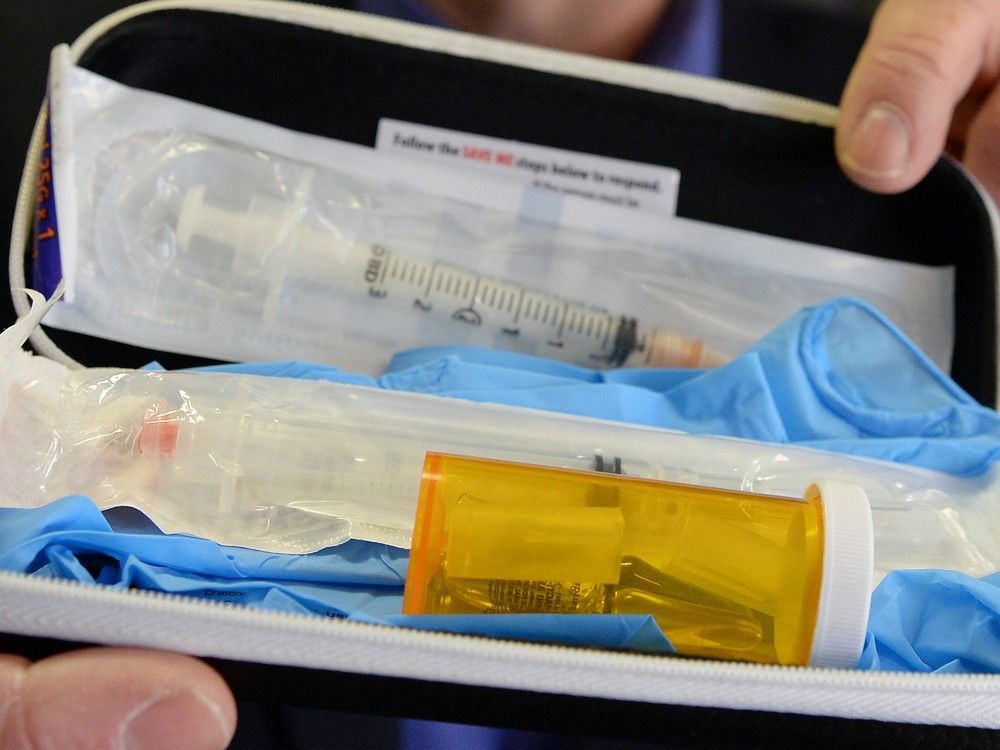
...
of Revolutionary Tea, Reactionary Tea, and SolidariTeaFrom Boston to Tbilisi, tea has always been about revolution. It would be hard to find a better visual representation of the 2003 Rose Revolution than the cold images of Mikheil Saakashvili sipping tea from a cup reserved for then-president Eduard Shevardnadze on the parliamentary rostrum. It was November 22, Saakashvili had just stormed the plenary hall with a protesting crowd, and Shevardnadze had to be escorted away by security, leaving his teacup – in a metal glass holder – behind.

Misha, always good at rising to the occasion, didn’t think twice before gulping the drink down his throat. The game was over. It was his tea now.
The next day, the regime change would be officially announced.More than two decades later, tea drinking is back on Tbilisi’s Rustaveli Avenue. This time, however, protest tea is served outside the parliament building, in a collective ritual that is less about revolution and more about something that seems harder to achieve: solidarity.
Here is Nini and the Dispatch newsletter to tell about the many flavours of Georgian solidarity and the poisonous substances designed to kill it.The bright interior of the Museum Cafe couldn’t be more ideologically diverse.The wall around the front door is decorated with everything from the posters of the Statue of Liberty and Steve Jobs (with his motivational quotes) to a Soviet banner that reads “No laggards and undisciplined near us.
” The centrepiece is a huge pop-artsy poster of a blonde woman, a replica of a work by prominent contemporary street artist D*Face. In the same corner, but on a different wall, is another poster of similar size and style, depicting the famous wolf from Nu, Pogodi!, a legendary Soviet animation. The artwork sets the tone for the rest of the wall, which is mainly decorated with Soviet-era film and dance posters, with windows facing the parliament building.
The opposite wall, behind the counter, is lined with shelves containing everything from books to a Titanic Lego structure to a rainbow-coloured poop emoji figure. And on the relatively bare wall in between, which has a door leading to the Georgian Museum of Fine Arts, is a neon-lit text that reads “Abkhazia. Soon.
“The cafe walls seem to display everything that has made the nation’s different generations happy or sad, or everything they hope to entrap the tourists with. Whatever the idea, studying these walls has recently become an unlikely routine for many Georgian activists.A year or two ago, no peasant would have ventured anywhere near the Museum Cafe.
Located in the famous “Eagle” building opposite the parliament and attached to the private gallery, the chic cafe seemed to be one of those places (like all museum cafes are) that charge you just for existing. But in late November, when Georgian Dream’s announcement on halting the EU accession sparked non-stop protests, the cafe’s staff volunteered to offer activists hot drinks, a warm place to rest, and free toilets. Then the protests dragged on, and the cafe’s services proved crucial for the resistance to survive the long and frosty winter.
The once distant and expensive place slowly transformed into one of the rare public spaces long missing in Georgia.SolidariTeaThe museum itself was founded by the family of the daughter of the same ex-President Shevardnadze to house and display a rich private collection of 20th-century Georgian art. And what better way to fight a regime than with tea served by the ghost of a man once ousted with tea? At least, to some of us who appreciate our tea with a dash of bittersweet irony.
But perhaps the symbolism is the last thing on the minds of tired and frozen activists as they stream into the cafe after a long march or any other protest event. Some line up at the bar, others head for the toilets, and the rest take seats for political discussions. There’s no pressure from the staff to order and no embarrassment of being ‘caught’ alone, even though you’re in a country that glorifies networks and everyone around you looks familiar – some you’ve known from past lives, some you’ve seen on TV, and many you recognise from more than 120 days on the streets.
A stray dog chilling in Museum Cafe, March 28, 2025. Photo: Nini GabritchidzeThe café’s services are one of many solidarity initiatives that have sprung up on the country’s main street over the past three months. Hot drinks are also served outdoors, next to the café, at a ‘tea tree’ you can find by following a thirsty crowd or tracing the smell of cinnamon.
Across the street, hearty bowls of hot lentil soup are routinely served, although the volunteers have recently posted their bank account numbers in case anyone wants to help with the dwindling funds. Other vegan options have periodically appeared nearby, including soups made from seeds you never knew existed or suspected were edible. There were also girls from a local coffee shop serving drinks to the protesters, but they announced a short, forced break after being physically attacked in one of Tbilisi’s suburbs.
There used to be more, from khinkali cooked in a large pot over a bonfire to a famous Georgian chef passing out legendary soups. But many have disappeared over the months, along with a fair portion of protesting crowds. Those who stood their ground are helping the protests survive while struggling to survive themselves.
And the challenge is growing as the authorities now de facto criminalize solidarity, having recently frozen vital funds that helped activists pay heavy fines or aided struggling families of those imprisoned over protests. The crackdown has put individual commitments to the test, and desperate calls for crowdfunding are everywhere you look these days. So far, so good.
CruelTeaWhile the current solidarity drive seems to be the largest such effort the country has ever seen, it is still only enough to keep the resistance alive and less than what it takes to secure a victory.The protests seem to have been going on forever, but the culture of Georgian political solidarity is still in its infancy: different protest movements struggle to unite around the cause, and those who want to be part of it are still learning how to wage a sustained battle amid growing repression. “Slowly is the fastest way to get to where you want to be,” reads once banal but now prophetic neon-lit text on the wall of the Museum Cafe.
And one of the main enemies of the hot tea of solidarity outside the parliament has been the cold, reactionary, and toxic Tea inside the building. The political attention in recent days has been almost exclusively focused on the controversial commission in the Georgian Dream’s one-party parliament, investigating alleged crimes of the United National Movement government and headed by ex-Justice and Culture Minister Tea Tsulukiani. Statements by the commission blaming Georgia for triggering the 2008 Russo-Georgian war and Tsulukiani’s humiliating attitude while questioning high-ranking military officials have sparked some outrage.
However, this anger has so far failed to turn into the fire that the resistance craves. It may be that the commission, while irritating parts of Georgian society, still succeeds in damaging overall solidarity by shifting the dominant discourse to the most divisive issues: the war, and the UNM government.Last days of winter?“The last day of tea,” read a poster on March 30 at another volunteer spot at the public broadcaster’s office, about 3 km from parliament.
This is another site hosting daily rallies, and here, too, activists have sipped hot drinks throughout winter to keep warm and strong before moving on to Rustaveli Avenue in long and dynamic marches. “I hope we won’t meet again in winter,” the text goes.Whether “not meeting again” will ultimately mean the end of the winter of repression or the end of solidarity remains to be seen.
At least on March 31, crowds plan to gather on Rustaveli Avenue for a big rally to celebrate the arrival of the “Spring of the People.”.















